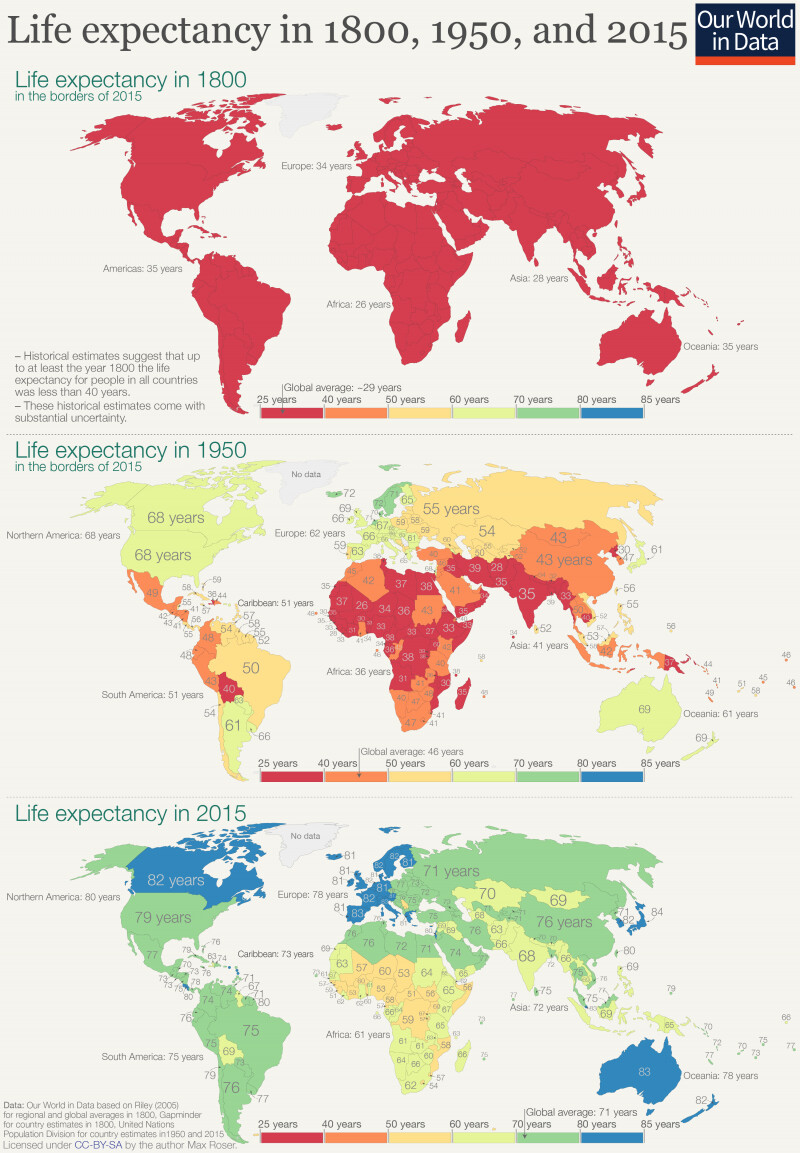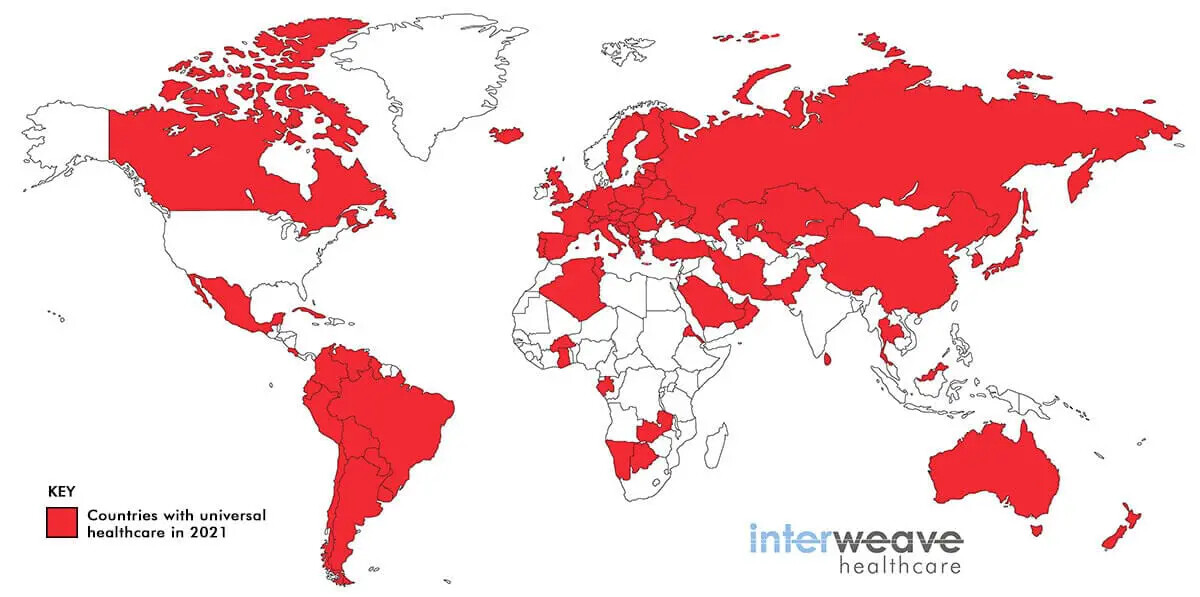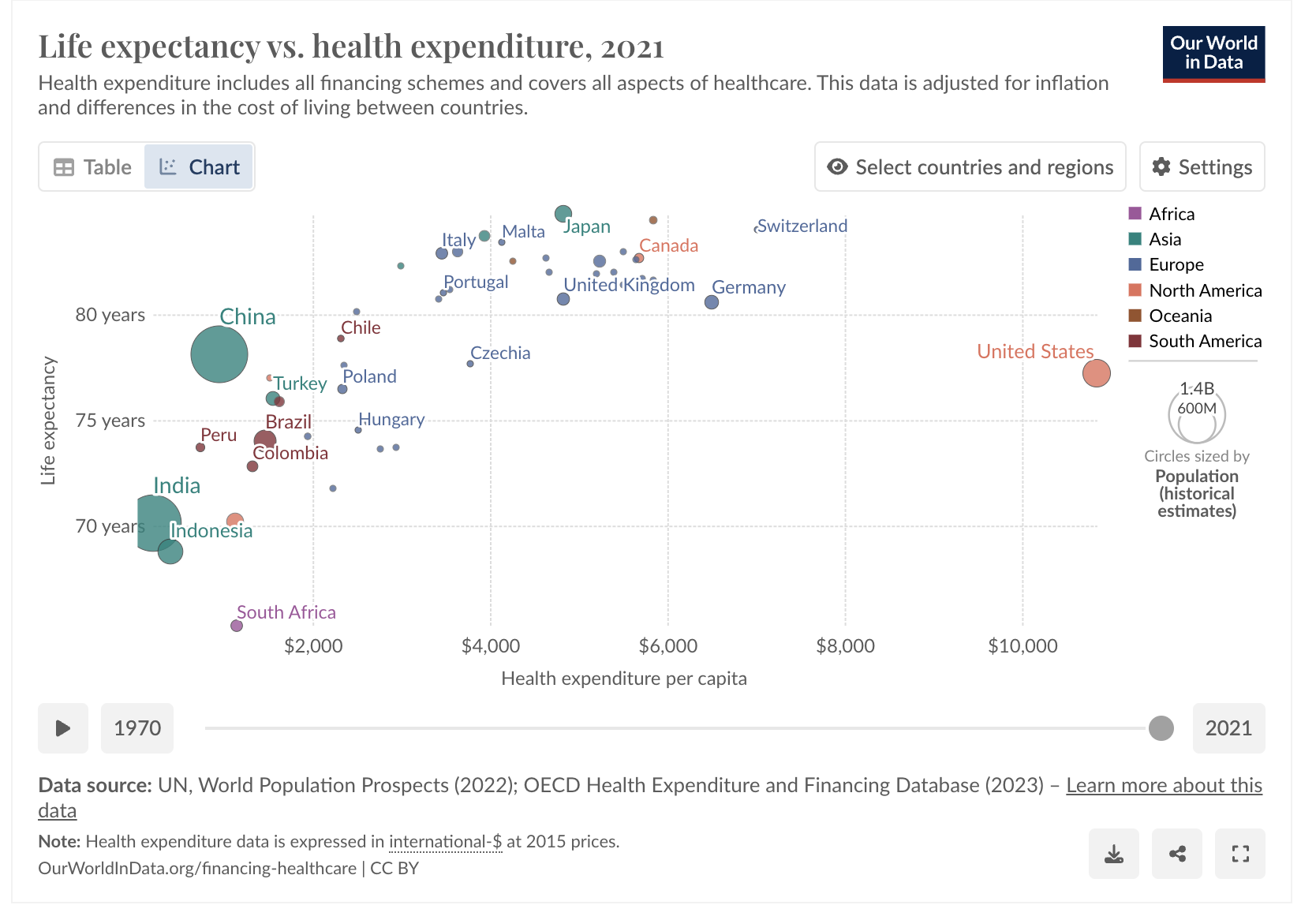Has anyone mentioned stress and mental health yet?
“Golden” means that as a result of my annual lipid panel (total cholesterol well under 200), my PCP said, “you are great, keep doing what you’re doing” and did not recommend a statin or any diet change.
I make decisions based on N=1 if I am the 1. They always told me the Total, Trig, HDL, VLDL, and LDL. Those numbers were always optimal, and the doc never said anything about any other tests. Indeed, to this day, he doesn’t give a sh*t about anything other than a standard lipid panel. His attitude is “take your statin and shut up”.
I think stress is more important than is commonly understood. In my own case I believe marital stress leading to divorce was the reason I had a heart attack.
You can order online apoB & Lp(a) tests. Generally the medical system is not optimizing for maximum healthspan and longevity via latest evidence and preventative care, but they do recommend statins and SGLT2i which are both good.
Agreed. But we need a much better way to measure it longitudinally.
We need a highly accurate stress-focused Fitbit like device (or have this feature integrated into existing fitness measuring wearables).
I think it may be time to find a new doctor…
Don’t you have concrete values?
Terribly sorry to hear Chris. Thanks a lot for sharing / this can help remind us all of how crucial things are!
I find it interesting (or common sense) that the countries in blue are the ones with socialized medicine.
I wonder if the life expectancy thing is particularly income linked in each of the countries.
There are many countries with life expectancies lower than the US but with socialized medicine:
The US is the only outlier in the world, spending more to get less:
Yes - I think quality matters… (and per capita GDP).
This is the take home message:
“ Health care has modest effects on the extension of US life expectancy, while behavioral and social determinants may have larger effects.”
Unless you consider exercise, good diet, sleep and stress reduction the responsibility of your doctor, then healthcare is not the main issue in life expectancy. Yes, your doctor should be doing all the preventative stuff too.
In the US, healthcare costs are so high because we spend a lot to try to undo the social detriments.
But not (hardly) any wealthy such countries? I think that was @DeStrider point, if you look at any wealthy country with universal health care they virtually all crunch the US in longevity and healthspan (even if most are not as wealthy as the US).
Talking about middle income or least developed countries as a comparison is like comparing apples to watermelons or blueberries or cucumbers, so not sure how that would be helpful for anything.
Would thing so in general, but how much is better education, etc, vs better spending ability is less clear. Here is some US data:
First, higher income was associated with greater longevity throughout the income distribution. The gap in life expectancy between the richest 1% and poorest 1% of individuals was 14.6 years (95% CI, 14.4 to 14.8 years) for men and 10.1 years (95% CI, 9.9 to 10.3 years) for women. Second, inequality in life expectancy increased over time. Between 2001 and 2014, life expectancy increased by 2.34 years for men and 2.91 years for women in the top 5% of the income distribution, but increased by only 0.32 years for men and 0.04 years for women in the bottom 5% (P < .001 for the difference for both sexes).
But what are wealthy countries without universal healthcare besides the US?
[The map says Norway, Denmark and Ireland, really?! If so then it proves that you can have great life expectancy without universal healthcare.]


